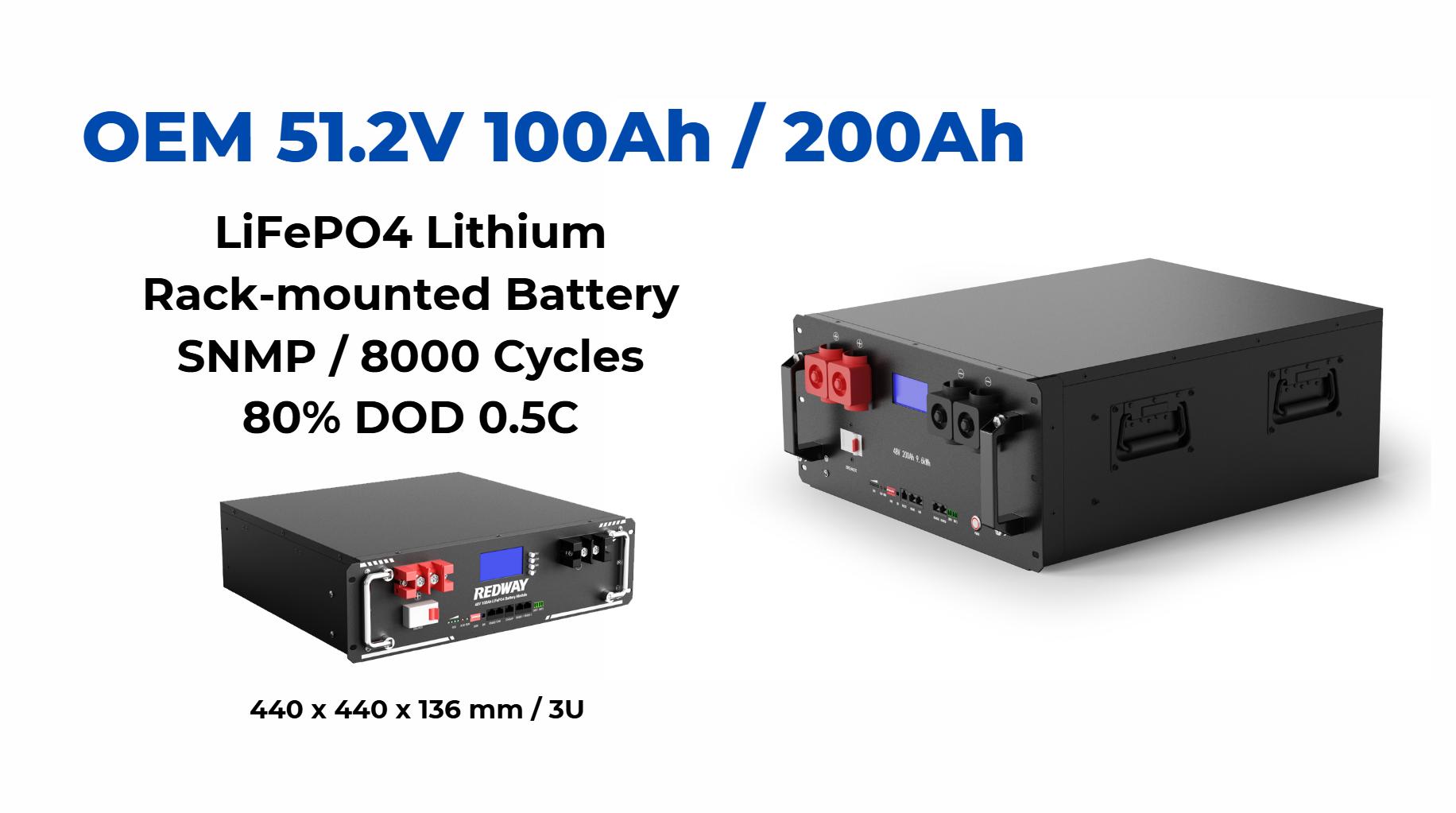
Understanding Technical Specifications of LiFePO4 Batteries
Understanding the technical specifications and applications of LiFePO4 batteries is essential for selecting the right battery for your needs. This article delves into various models, including 12V 300Ah, 12V 100Ah, and 24V 100Ah batteries, while also comparing their performance against traditional lithium-ion batteries.
What Is a 12V 300Ah LiFePO4 Battery and Its Applications?
A 12V 300Ah LiFePO4 battery is designed for high-capacity applications, providing significant energy storage for various uses. This battery typically offers:
- Nominal Voltage: Approximately 12.8V.
- Energy Capacity: Up to 3840Wh, making it suitable for off-grid solar systems, RVs, and electric vehicles.
- Cycle Life: Can endure between 2000 to over 5000 cycles, depending on usage patterns.
How Does the 12V 100Ah LiFePO4 Battery Perform in Comparison?
The 12V 100Ah LiFePO4 battery is ideal for smaller applications such as backup power systems or portable energy solutions. Key performance metrics include:
- Energy Capacity: Provides approximately 1280Wh.
- Cycle Life: Typically lasts between 4000 to 6000 cycles, offering longevity in various applications.
- Weight: Generally lighter than traditional lead-acid batteries, enhancing portability.
What Are the Specifications of a 24V 100Ah LiFePO4 Battery?
A 24V 100Ah LiFePO4 battery is commonly used in larger setups requiring higher voltage. Its specifications include:
- Nominal Voltage: Approximately 25.6V.
- Energy Capacity: Offers around 2560Wh, suitable for larger solar installations or electric vehicles.
- Discharge Rate: Capable of delivering high currents, making it effective for demanding applications.
How Do Amp Hour Ratings Affect LiFePO4 Battery Performance?
Amp hour (Ah) ratings indicate how much current a battery can deliver over time:
- Higher Ah Ratings: Allow for longer usage times before needing a recharge; for example, a 300Ah battery will last significantly longer than a 100Ah battery under similar loads.
- Application Suitability: Choosing the right Ah rating is crucial based on your energy needs; higher ratings are better suited for continuous or heavy-duty applications.
What Is the Performance Comparison Between LiFePO4 and Lithium-Ion Batteries?
When comparing LiFePO4 batteries to traditional lithium-ion batteries:
- Safety: LiFePO4 batteries are inherently safer due to their thermal stability and lower risk of combustion.
- Cycle Life: They generally have longer cycle lives (up to 6000 cycles) compared to lithium-ion batteries (typically around 2000–3000 cycles).
- Cost Efficiency: While initial costs may be higher, their longevity can lead to lower total cost of ownership over time.
Where Can You Buy Lithium Iron Phosphate Batteries for Sale?
You can find lithium iron phosphate batteries at various retailers:
- Online Marketplaces: Websites like Amazon, eBay, and specialized battery retailers offer extensive selections.
- Local Hardware Stores: Some local stores may carry popular brands or models.
- Direct from Manufacturers: Purchasing directly from manufacturers can provide warranty benefits and customer support.
What Expert Insights Can Help You Understand LiFePO4 Technology?
“Understanding the specifications of different models is essential when selecting a battery,” states Dr. Mark Thompson, an expert in renewable energy technology. “LiFePO4 batteries provide excellent performance across various applications due to their safety features and long cycle life.”
FAQ Section
Q1: How long does a typical 12V 300Ah LiFePO4 battery last?
A1: With proper care, it can last between 4000 to over 5000 cycles, depending on usage patterns.Q2: Can I use a lithium-ion charger with my LiFePO4 battery?
A2: No, always use a charger specifically designed for LiFePO4 batteries to ensure safe and effective charging.Q3: What are common uses for a 24V 100Ah battery?
A3: Common uses include solar energy storage systems, electric vehicles, and backup power supplies.Q4: Are there any special considerations when purchasing these batteries?
A4: Yes, consider factors like capacity needs, cycle life, warranty options, and compatibility with your system.Q5: Where can I find reliable suppliers for these batteries?
A5: Reliable suppliers can be found online through specialized retailers or directly from manufacturers known for quality products.
